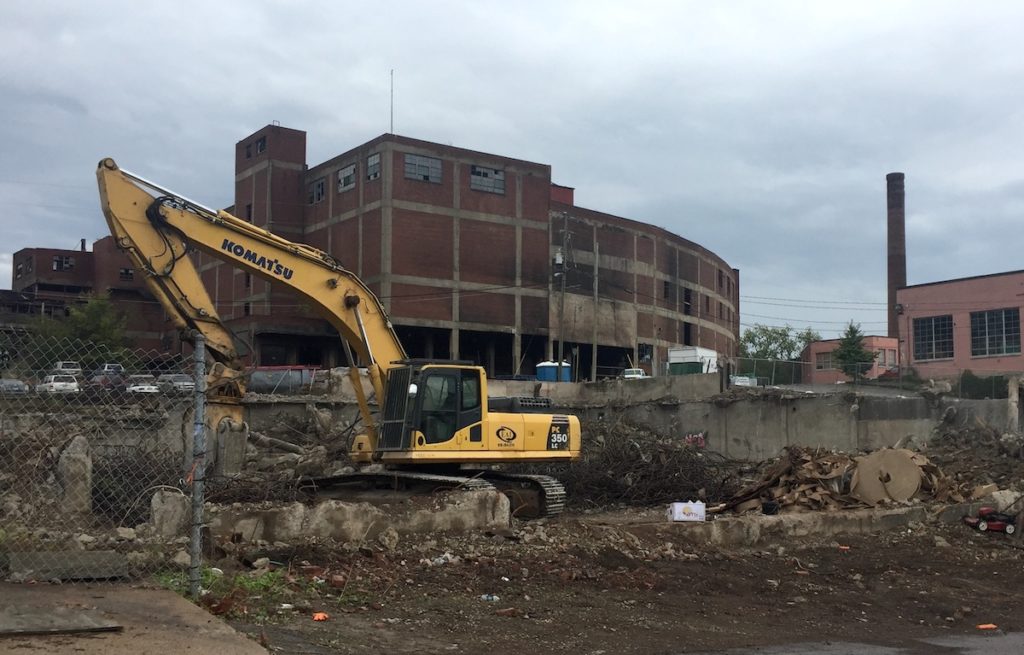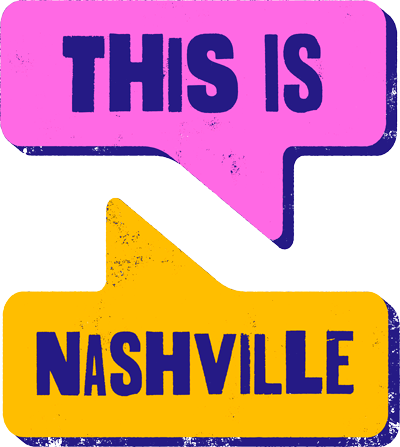
Whether you are new to Nashville or your family has been here for generations, you have probably noticed that the city is changing. As you sit in stand-still traffic on the interstate, you are bound to see cranes on the skyline, billboards advertising new housing developments, and more people than you ever thought the city could hold. You and your neighbors might be wondering why that tall-and-skinny is even allowed to be built on your corner.
The answer lies within Nashville’s zoning policies.
But what exactly is zoning?
There are five types of zoning codes: residential, commercial, industrial, mixed-use and special districts. Our guest Stacy Gordon Harmon tells us “[zoning] basically is the law that governs what you can and cannot do with your parcel.”
If you decide you want to build a small building in your backyard and turn it into a coffee shop, you would have to get your property rezoned to be commercial, even though you own the parcel.
Here are a few key terms Stacy Gordon Harmon says you need to know:
- Land use policy can be thought of as “guidance” for city officials to determine how to zone a particular area, or whether or not to rezone a property.
- A variance is an exception to existing zoning laws.
- An overlay can further “restrict and regulate” what can be done to properties. For example, a historic overlay protects historical attributes of a given neighborhood, parcel, and/or building.
- A specific plan (SP) is site-specific zoning that doesn’t really fit into any one category. It may combine types of zoning districts, and it would only apply to one property.
All of this can be confusing. If you’re interested in getting a crash course in what exactly zoning is, you can take a class with Stacy at Neighbor2Neighbor’s Planning School.
If you don’t want a crash course, but do want to know how all this is impacting Nashvillians, one place to start is Metro’s website.
Now, we know, government websites are not exactly known for their clarity and navigability, but this page does break down how zoning code works specifically in Nashville.
We took questions from community members to shape this episode, and we sent our producers Char Daston and Elizabeth Burton out to a zoning community meeting in East Nashville. We heard questions about many of the important issues in Nashville, including gentrification, the climate, and affordable housing. We asked our panelists for their thoughts:
- “Will [zoning] benefit someone of color from the low income/poor class here in town like me, or will it benefit someone rich as usual?” — Hearken response from William Crawford
- I think it’s important to remember that the zoning itself doesn’t take into account race, socioeconomic demographics, things of that nature. It is it is a legal structure. […] But the law doesn’t care if you’re Black, white, Hispanic, it doesn’t care if you’re rich or poor, if you have the wherewithal and the resources to be able to do it and you have an entitlement already in existence, you can do it. — Stacy Gordon Harmon
- “How could the city do a better job considering climate when it makes zoning decisions?” — WPLN environmental reporter, Caroline Eggers
- I think some of the things that we can look at and some of the work that we have done is looking at our landscaping and tree requirements. So we’re looking at where you can require that more trees be built or more trees be planted onto properties-especially with new projects. We can look at inclusion of street trees, which certainly help in our more urban environments to create shade on the wonderful sidewalks that are getting built with projects. […] We also can look at some of our stormwater standards and how we are handling stormwater runoff and the treatment of that stormwater so that we can make projects be more environmentally sustainable. — Lisa Milligan
- Why doesn’t Nashville have better incentives for developers to provide community assets like transportation amenities, sustainable buildings, public spaces, and more density where it’s appropriate to create affordability?” — Voicemail from Eric Hoke
- There is state legislation that actually prohibits Metro from considering the provision of affordable housing when we’re looking at zoning. And so if a developer comes in and says, “I want to build 300 units and they’re all going to be affordable, and so you should support my rezoning because it’s all affordable,” we actually can’t consider that in our deliberations because of the state law. That’s law really sort of restricts us. What we can do is look at a rezoning holistically. We can look at, is there a needed greenway connection? Do we need to have the sidewalks widened? Is there a connection that we can make offsite with a sidewalk that will connect it to a retail area or a school? What sort of bike lanes are needed? And so we can always be looking at those sorts of benefits, even if we can’t necessarily look directly at the provision of affordable housing. — Lisa Milligan
To learn more about zoning in Nashville listen to the full episode here.


